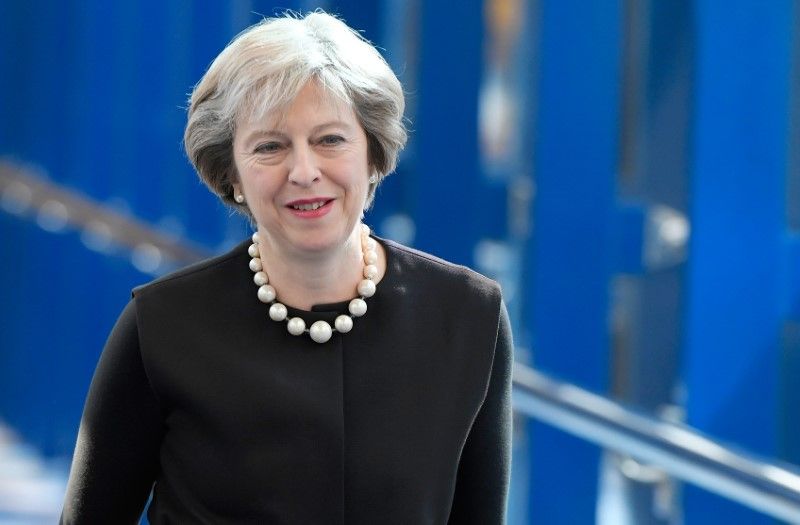
This article first appeared on the American Enterprise Institute site.
Whether the exit of the United Kingdom from the European Union (EU) is a good or bad idea, it can be achieved in many different ways. Some are more damaging than others, economically or otherwise.
Until this weekend, we knew relatively little about how the new British Cabinet was going to approach the negotiations. In her speech at the Conservative Party conference in Birmingham, England, Prime Minister Theresa May articulated what she had in mind when she said that "Brexit means Brexit."
Prior to the referendum, the most compelling case for leaving the EU emphasized a gradual change of direction, rather than abruptly severing ties between the U.K. and the continent.
The idea of a market-friendly Brexit involved preserving full access to the EU's single market through membership in the European Economic Area (EEA) and European Free Trade Area (EFTA). This would effectively eliminate the economic disruptions associated with leaving and reassure businesses, EU workers in the U.K. and British expats living in other EU countries.
At the same time, it would give the U.K. the possibility to disentangle itself, gradually and on a case-by-case basis, from the many other ties it currently maintains with the EU.
Yet this is not the Brexit that May has in mind. In her speech, she ruled out the "Norway model" and the "Switzerland model," which involve participation in the single market.
Instead, May proposed that the U.K. was "going, once more, to have the freedom to make our own decisions on a whole host of different matters," from food-labeling legislation to immigration.
Needless to say, that freedom will come at a hefty price—namely regulatory barriers (and potentially also tariffs) that British firms will face when serving their customers in Europe and operating their value chains that comprise both the U.K. and the continent.
It's not just trade and investment. The U.K. and the EU are intertwined in ways that cannot be undone within the two years of negotiations that the Treaty on European Union foresees—at least not without damaging both British and European interests.
From food safety (and labeling) rules, joint university programs under EU auspices, road and aviation safety regulations to the European Space and Defense Agencies, there are good reasons for the U.K. to remain involved in the EU's day-to-day activities years after Brexit.
If the U.K.'s government instead decides to rush to the door, as it seems it will, the supporters of Brexit will be in for an unpleasant surprise. Not only will they not be able to have their cake and eat it too—as U.K. Foreign Secretary Boris Johnson famously promised—there might not be any cake left at all.
Dalibor Rohac is a research fellow at the American Enterprise Institute (AEI). He is a visiting junior fellow at the Max Beloff Centre for the Study of Liberty at the University of Buckingham in the U.K. and a fellow at the Institute of Economic Affairs in London.
Uncommon Knowledge
Newsweek is committed to challenging conventional wisdom and finding connections in the search for common ground.
Newsweek is committed to challenging conventional wisdom and finding connections in the search for common ground.
About the writer
To read how Newsweek uses AI as a newsroom tool, Click here.








